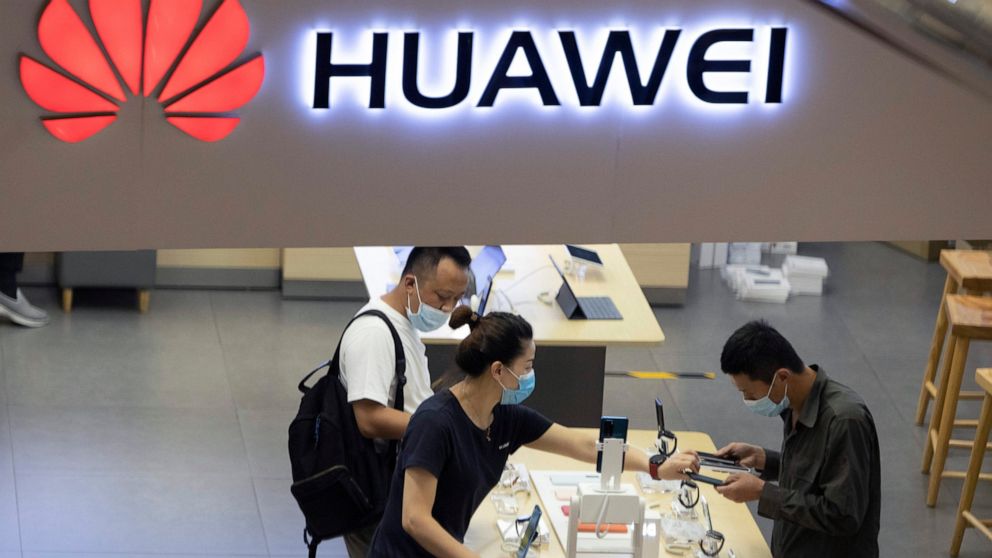Huawei overtakes Samsung as top smartphone seller: report
A technology research firm says Huawei has overtaken Samsung to become the world’s biggest smartphone seller, as its home market in China emerged from the coronavirus pandemic better off than other economies
By
The Associated Press
July 30, 2020, 1:24 PM
2 min read
LONDON — A technology research firm says Huawei has overtaken Samsung to become the world’s biggest smartphone seller, as its home market in China emerged from the coronavirus pandemic better off than other economies.
Analysts at Canalys said Thursday that Huawei shipped 55.8 million devices in the second quarter of 2020.
While the figure was down 5% compared with a year ago, it was a smaller decline than rival Samsung, which saw smartphone sales slide 30% to 53.7 million.
Huawei still faces U.S. government sanctions restricting its international business, but it has come to dominate its domestic Chinese market, said Canalys, which estimated that the company’s shipments in China rose 8% in the April-June period. Mainland China now accounts for 70% of Huawei’s total smartphone sales, it said.
“If it wasn’t for COVID-19, it wouldn’t have happened,” Senior Analyst Ben Stanton said. “Huawei has taken full advantage of the Chinese economic recovery to reignite its smartphone business.” He noted that Samsung has a tiny market share in China, while the South Korean company’s core markets, including the U.S., Europe, Brazil and India, have been ravaged by virus outbreaks and lockdowns.
Sanctions aimed at crippling Huawei are part of a broader global battle between the U.S. and China over technology and trade. The restrictions mean Huawei phones now face a distinct disadvantage outside China because they can only run a stripped-down open source version of Google’s Android operating system and don’t come with the U.S. search giant’s apps like Chrome, YouTube, and Google Maps. Users also have to download apps through Huawei’s own app store, not the Google Play store.
In China, popular homegrown apps for services like shopping and messaging help fill that gap.
Huawei might not be able to hold on to the top spot as the global economy recovers, because wireless carriers are increasingly wary of its devices, the firm said.
Huawei phones are popular in Europe and Asia but little known in the U.S., where the company’s telecom switching gear has been effectively blocked for years over fears it could be used for spying by China’s communist leaders.
![]()


